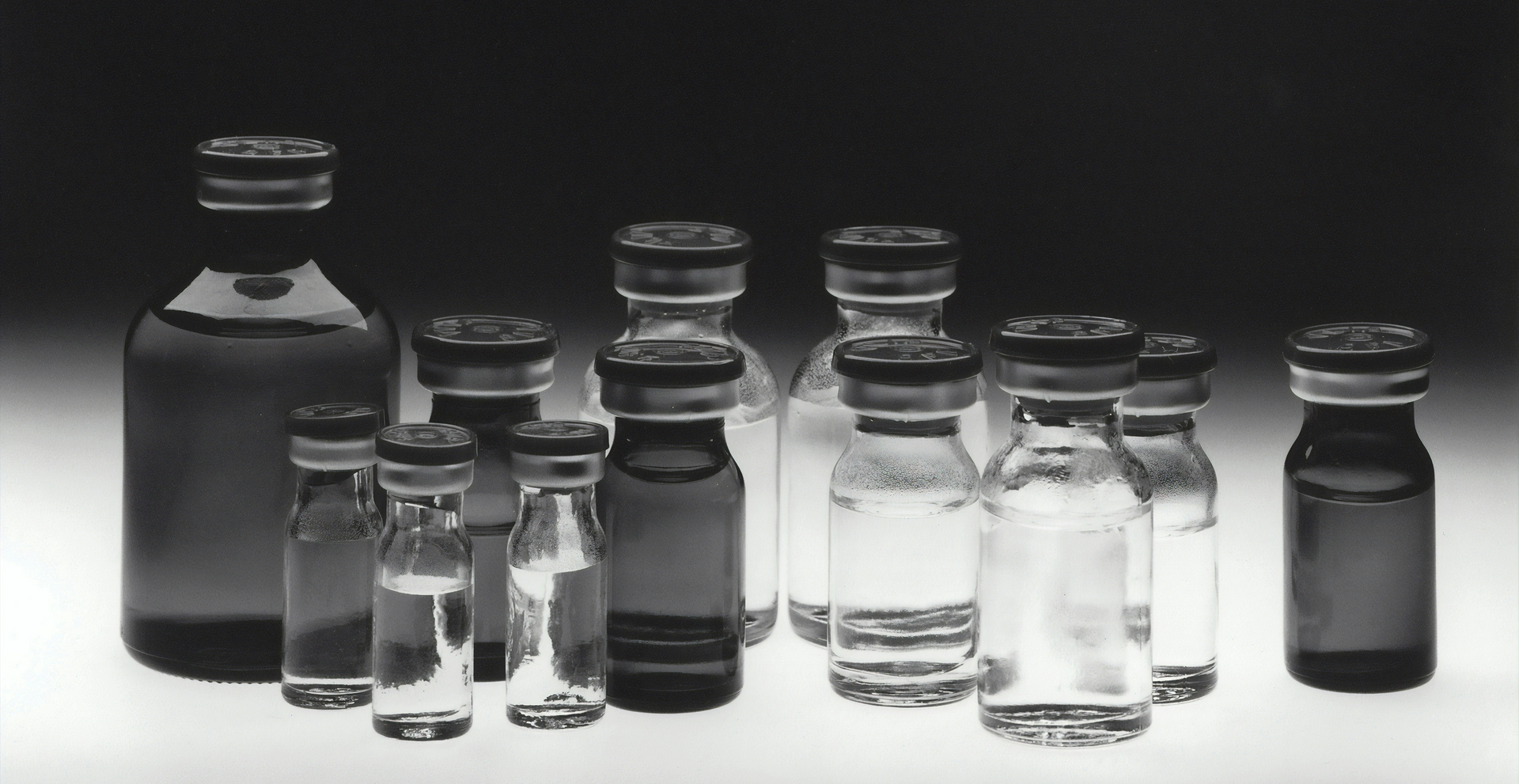What Is Major Depressive Disorder?

The Albany Clinic • June 3, 2022
Major depressive disorder, also known as “clinical depression” or simply “depression,” is a mental health condition characterized by depressed mood, loss of interest in things that used to be enjoyable, low energy levels, and other symptoms.
Depression can cause significant problems in a person’s life and may even lead to suicide.
While anyone can experience a period of sadness or grief, major depressive disorder is more than just a temporary case of the blues. Clinical depression is a real medical condition that affects a person’s thoughts, feelings, behavior, and physical health. It can last for weeks, months, or years if left untreated.
In this article from The Albany Clinic, we’ll take an in-depth look at major depressive disorder, including the potential causes and triggers, common symptoms, and typical treatments used to help those with this condition.
We’ll also explore the use of ketamine therapy in treating major depressive disorder.
What Is Major Depressive Disorder, and How Prevalent Is It?
Major depressive disorder is a common mental health condition that affects millions of adults in the United States each year.
In fact, according to the National Institute of Mental Health , an estimated 21 million American adults experienced at least one major depressive episode in 2020.
As stated above, this condition is more than just feeling sad or going through a rough patch. Major depressive disorder is a serious medical condition that can have a profound impact on every aspect of a person’s life, from their personal relationships to their work performance.
Depression is one of the most common mental disorders in the world, and it can affect people of all ages, genders, and walks of life. However, this condition is most often diagnosed in adults aged 18-25 years old.
Women are also more likely to be diagnosed with depression than men.
What Causes Major Depressive Disorder?
The cause of clinical depression is not fully understood, but it is thought to be a combination of biological, psychological, and social factors.
Biological Factors: Clinical depression may be caused by changes in the brain. Certain neurotransmitters (chemicals that transmit messages between nerve cells) are thought to play a role in mood regulation. An imbalance in these chemicals may lead to symptoms of depression.
Psychological Factors: Psychological factors that may contribute to depression include negative thinking patterns, low self-esteem, and feelings of hopelessness. People who have experienced trauma or stressful life events (such as the death of a loved one) are also at an increased risk for developing clinical depression.
Social Factors: Social factors that may contribute to depression include isolation, chronic stress, and exposure to violence.
What Are the Symptoms of Major Depressive Disorder?
The symptoms of major depressive disorder can vary from person to person. Some people experience only a few symptoms, while others may experience many.
The severity of the symptoms also varies from mild to severe. The most common symptoms of clinical depression include:
- Depressed Mood: A feeling of sadness or emptiness that lasts for more than two weeks.
- Loss of Interest or Pleasure in Activities That Were Once Enjoyed: A loss of interest in hobbies, work, social activities, or sex.
- Changes in Appetite: Weight gain or weight loss due to changes in appetite.
- Sleep Problems: Insomnia (trouble falling or staying asleep) or hypersomnia (excessive sleeping).
- Fatigue: Feeling tired all the time or having little energy.
- Anxiety: Feeling restless, irritable, or on edge.
- Difficulty Concentrating: Trouble focusing on tasks or making decisions.
- Feelings of Worthlessness or Guilt: Negative thoughts about oneself.
- Thoughts of Death or Suicide: Recurring thoughts of death or harming oneself.
If you are experiencing any of the above symptoms, it’s essential to see a mental health professional for an evaluation. Depression is a treatable condition, but it requires professional help.
What Are the Potential Treatments for Major Depressive Disorder?
The most common treatments for major depressive disorder are psychotherapy and medication. Psychotherapy, also known as “talk therapy,” is a type of counseling that can help people with depression understand and manage their condition.
Types of psychotherapy used to treat depression include cognitive-behavioral therapy (CBT) and interpersonal therapy (IPT).
Medication is another standard treatment for depression. Antidepressants are the most frequently prescribed medication and work by correcting chemical imbalances in the brain.
Common types of antidepressants include selective serotonin reuptake inhibitors (SSRIs), tricyclic antidepressants (TCAs), and monoamine oxidase inhibitors (MAOIs).
In some cases, a combination of psychotherapy and medication may be necessary to effectively treat clinical depression — though these methods and treatments may not work for everyone. Those who fail to find relief while undergoing these traditional treatments may have what’s known as “ treatment-resistant depression .”
In these cases, additional treatment options may be necessary, such as ketamine therapy.
Ketamine Therapy for Major Depressive Disorder
Ketamine is a medication that has been used for decades as an anesthetic for surgeries. In recent years, however, ketamine has shown promise as a treatment for major depressive disorder.
Ketamine works by binding to a receptor in the brain called the NMDA receptor. This interaction inhibits the release of glutamate, which leads to changes in brain activity.
Research suggests that ketamine may be effective in treating major depressive disorder because it can quickly reduce symptoms. In one study , ketamine significantly improved depression symptoms within two hours — with the slowest relief from symptoms found after four hours.
It is thought that the rapid onset of action may be due to the fact that ketamine binds directly to the NMDA receptor, while other antidepressants work indirectly.
Another advantage of ketamine therapy is that it is not associated with the same side effects as other antidepressants. Common side effects of SSRIs and TCAs include weight gain, dry mouth, and sexual dysfunction. These side effects can often be so severe that people stop taking their medication.
Ketamine therapy is currently being studied as a potential treatment for major depressive disorder and other conditions. If you are interested in learning more about ketamine therapy, please don’t hesitate to reach out to the team at The Albany Clinic.
Find Relief From Major Depressive Disorder at The Albany Clinic
If you or someone you know is struggling with major depressive disorder, The Albany Clinic can help. We offer ketamine therapy, a treatment that has shown promise in quickly reducing symptoms of depression.
Our compassionate team of expert medical providers will work with you to create a personalized treatment plan that meets your needs. We understand the challenges associated with depression and are here to support you on your journey to recovery.
Contact us today to learn more about ketamine therapy and how we can help you find relief from depression.
The post What Is Major Depressive Disorder? appeared first on The Albany Clinic.







